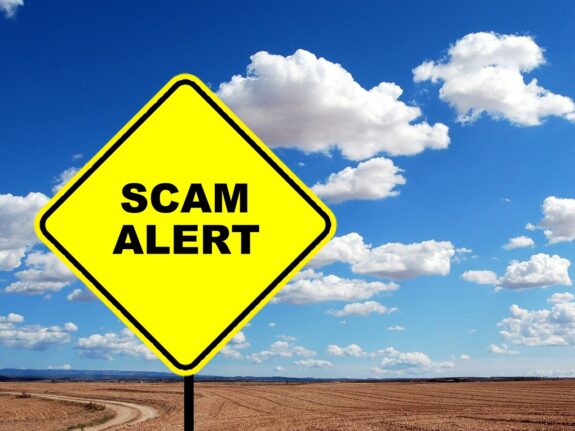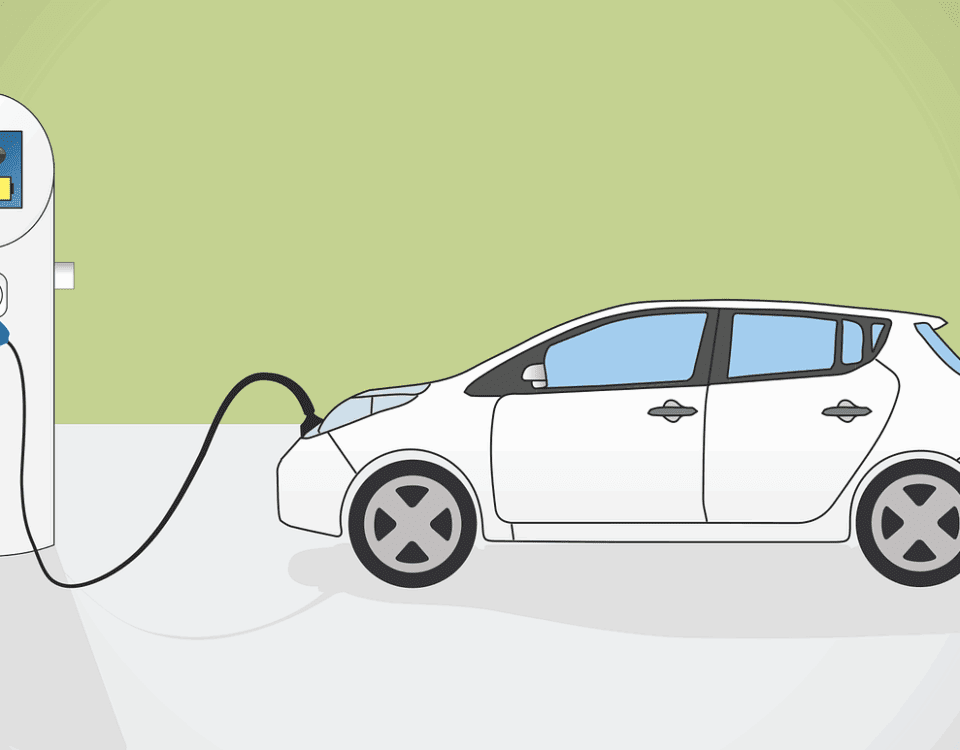
Suzanne Potter, producer/reporter, California News Service, a bureau of Public News Service.
Medicare loses $60 billion to $80 billion a year to fraud, and this year, for Medicare Fraud Prevention Week, your local Senior Medicare Patrol has good advice on how to spot a con.
There are plenty of scams to be aware of.
Karen Joy Fletcher, communications director with the nonprofit California Health Advocates, said beware if a caller asks to verify your Medicare number, claiming the program needs to send out a new type of card.
“This is just a way for people to steal people’s Medicare number,” Fletcher explained. “To commit identity theft, and to defraud Medicare, ordering services or items that they most likely will never receive.”
Caregivers can be on the lookout for medical equipment arriving at the house, even though the beneficiary never ordered it. Another red flag? A stranger may approach you in a parking lot asking you to sign up for new, free Medicare services like house cleaning or meals, which are then fraudulently billed to the government.
Fletcher encouraged people to check their Medicare summary notices online at MyMedicare.gov regularly to make sure everything is in order.
“It’s a good way to see if Medicare is being charged for things that maybe somebody never received, or from doctors they’ve never seen,” Fletcher pointed out.
Another scam involves tricking people into unknowingly signing up for hospice care. It is especially dangerous because once a person is on hospice, Medicare will only approve palliative care and could mistakenly deny an essential surgery or medication.


